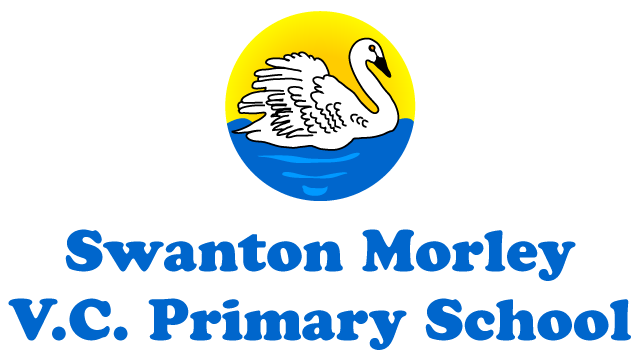Vision
Our Vision is to create mathematicians who:
Make Connections
Apply their understanding and knowledge to solve problems.
Think logically and can explain their thinking.
Have a toolkit of strategies and ways to solve problems.
Stick with it – enjoy maths and improve through perseverance.
Intent
At Swanton Morley, we see Maths as not only a vital life skill, but also as an opportunity to develop a resilient mind-set. Alongside a secure sense of number and calculation, we want our children to be able to apply their learning not just in mathematical contexts, but across the curriculum and to see the value of it in real life. We promote the fun as well as the relevance of mathematics, whilst appreciating that maths can be daunting for some. We support our children through lots of talk and the use of a consistent concrete-pictorial-abstract approach to become mathematicians who regularly marvel in lessons and want to do more!
Implementation
To do this, we use a mastery approach to ensure that our children develop a deep and secure understanding of mathematical ideas and processes that they can then apply in a variety of contexts, including across the wider Curriculum. The content is determined by the Early Years Statutory Framework for Reception and the National Curriculum Programme of Study for Keys Stages 1 and 2. In each year group, fluency and reasoning are the key drivers of lessons with plenty of chances for mathematical talk to share and develop ideas. We follow the order of topics taken by the White Rose Maths Schemes of Learning and use their ‘Small Steps’ to structure our learning, but supplement their resources with a variety of other materials and activities, including those from NCETM, nrich, and Third Space Learning. We increase engagement with pupils’ times tables by using the Times Table Rockstars programme, with regular in-school battles within and across classes, with Rockstars Day, being an eagerly anticipated event by pupils and parents! We also use Numbots, especially in Key Stage 1, for practise of number skills and key number facts.
Our pupils develop a ‘can do’ attitude towards solving problems within Maths lessons. Teachers make use of Concrete, Pictorial and Abstract resources to deepen children’s understanding and enable them to develop independence in solving problems.
Impact By the time our Year 6s make the transition to High School, we aim for all our children to not only have made at least expected progress in Maths, but to reflect our Mathematics Vision M.A.T.H.S described above and feel confident enough to pursue the subject of Maths as far as they want to. All children will have experienced the wonder of mathematical connections, patterns and puzzles.
Pupils are assessed formatively within each lesson, with verbal feedback and live marking being utilised to move pupil’s learning forward in the moment wherever possible. At the end of each unit, pupils are assessed to inform teacher’s planning of further consolidation and retrieval practice. At the end of each term, pupils complete a Maths assessment related to the units that have been taught and this helps teachers make accurate point in time assessments and identify pupil’s next steps.


